- Home
- Articles
- Architectural Portfolio
- Architectral Presentation
- Inspirational Stories
- Architecture News
- Visualization
- BIM Industry
- Facade Design
- Parametric Design
- Career
- Landscape Architecture
- Construction
- Artificial Intelligence
- Sketching
- Design Softwares
- Diagrams
- Writing
- Architectural Tips
- Sustainability
- Courses
- Concept
- Technology
- History & Heritage
- Future of Architecture
- Guides & How-To
- Art & Culture
- Projects
- Interior Design
- Competitions
- Jobs
- Store
- Tools
- More
- Home
- Articles
- Architectural Portfolio
- Architectral Presentation
- Inspirational Stories
- Architecture News
- Visualization
- BIM Industry
- Facade Design
- Parametric Design
- Career
- Landscape Architecture
- Construction
- Artificial Intelligence
- Sketching
- Design Softwares
- Diagrams
- Writing
- Architectural Tips
- Sustainability
- Courses
- Concept
- Technology
- History & Heritage
- Future of Architecture
- Guides & How-To
- Art & Culture
- Projects
- Interior Design
- Competitions
- Jobs
- Store
- Tools
- More
Ferdowsi Wisdom Center Building Competition Entry

Abul-Qâsem Ferdowsi Tusi was a Persian poet and the author of Shahnameh (Book of Kings), which is one of the world’s longest epic poems created by a single poet, and the national epic of Greater Iran. Ferdowsi is celebrated as one of the most influential figures of Persian Literature and one of the greatest in the history of literature. By combining history, epic and myth, Ferdowsi has composed monotheistic concepts in the form of epic literature.

This building is a proposal design for the Ferdowsi Wisdom Center competition that was held in Iran and has been designed with a conceptual interpretation of Ferdowsi’s epic language in Shahnameh. A monotheistic worldview gives meaning and purpose to human life and creates human responsibility for him. It is in this direction that all the stories narrated in Shahnameh are the scene of battle and conflict and constant war between good and evil.

For this purpose, two large entrances at the beginning and end of the right path that leads to the water and the garden were designed to be reminiscent of monotheistic philosophy and to reach the position of equality, faith and love. Also, the narrative confrontation between good and evil is designed by placing the two main buildings of the complex facing each other in the courtyard (as a battlefield) by simulating Ferdowsi’s poetry. The eastern building is reminiscent of the lost glory of Zahak Palace, which is described in the Shahnameh as an unjust person. In this building, the elements of Sassanid architecture of Iran have been used. The western building with twice the height of the opposite building is a symbol of wisdom, justice and monotheism (as Ferdowsi’s message in Shahnameh) And with a golden color (as a symbol of wisdom) and transparent, it reflects the image of the opposite building.
illustrarch is your daily dose of architecture. Leading community designed for all lovers of illustration and #drawing.
Submit your architectural projects
Follow these steps for submission your project. Submission FormLatest Posts
James Baldwin Media Library and Refugee House by associer
In Paris’s 19th arrondissement, Atelier Associer has reimagined a 1970s secondary school...
KING ONE Community Center by E Plus Design
In Zhuhai, E+UV has turned four disconnected, underused buildings into the lively...
HEYDAY Community Hub by ASWA
HEYDAY Community Hub by ASWA redefines university architecture in Bangkok through playful...
Rua Do Mare by Jeferson Stiven
RUA DO MARE responds to the Architecture Student Contest - 2023 Lisbon...










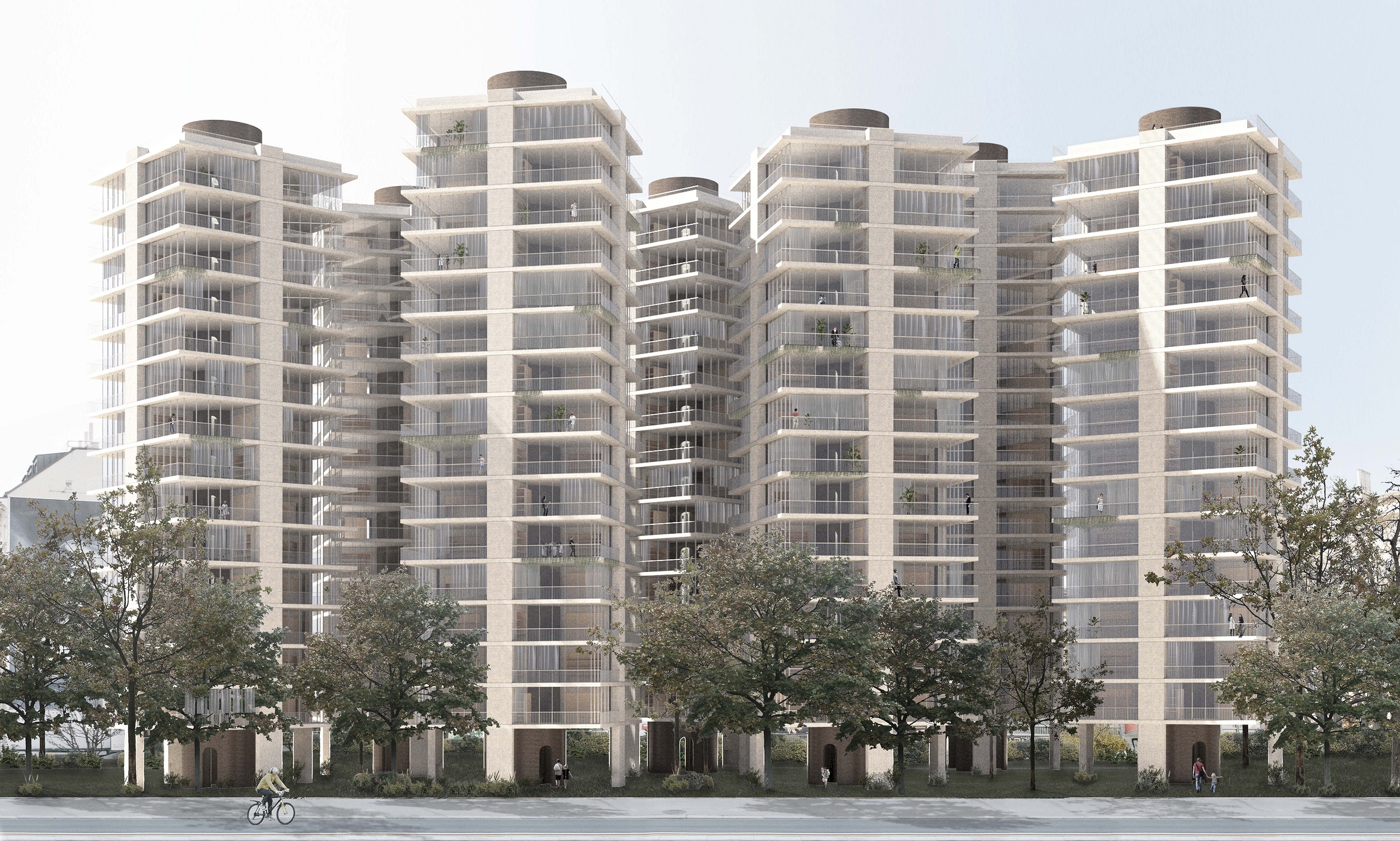

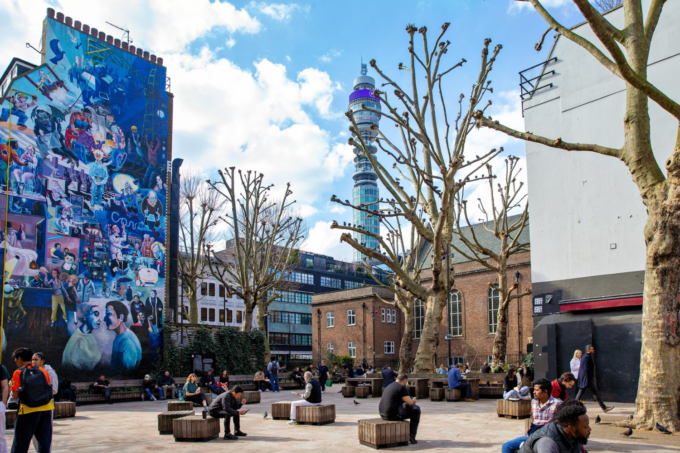



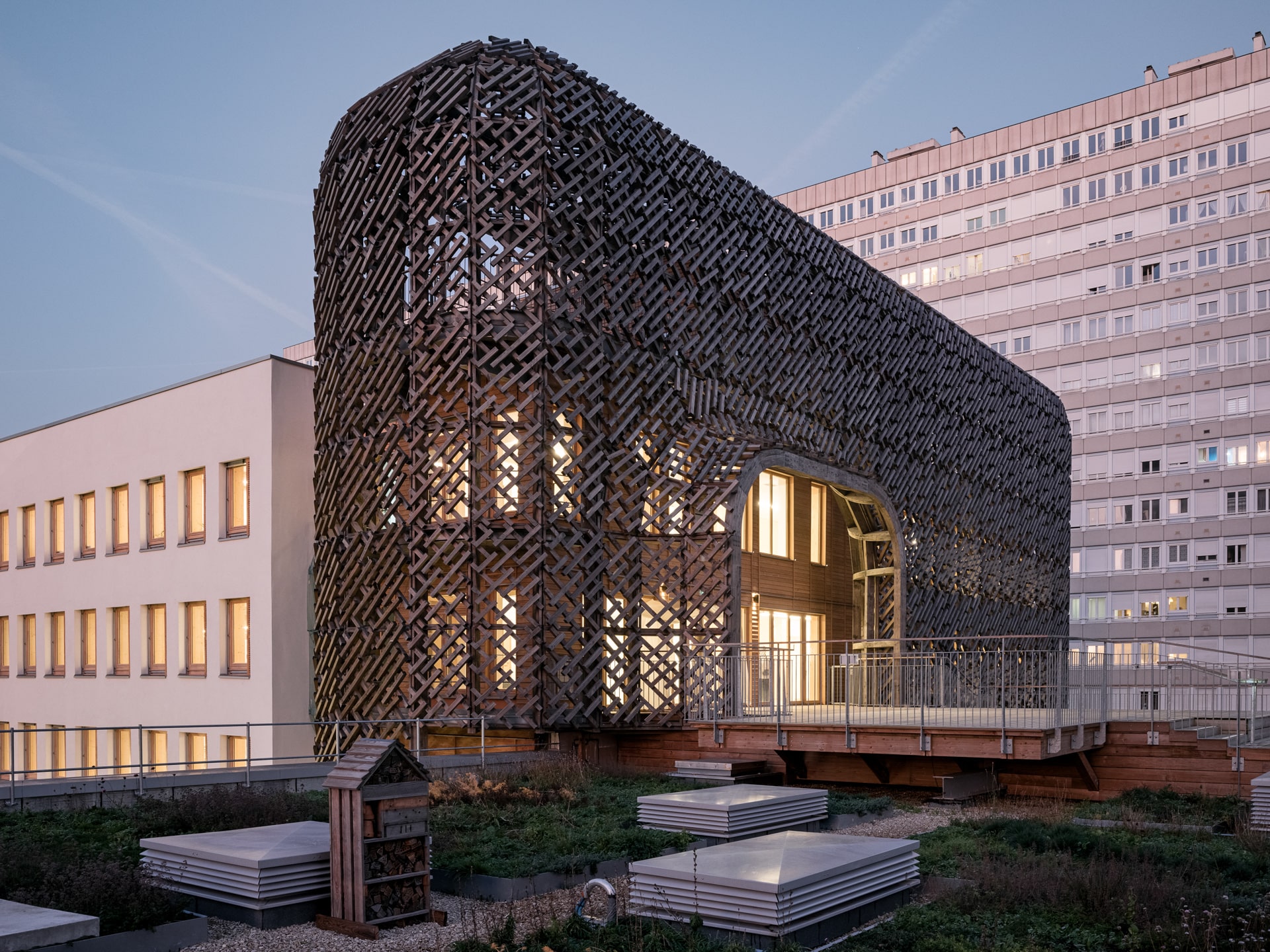
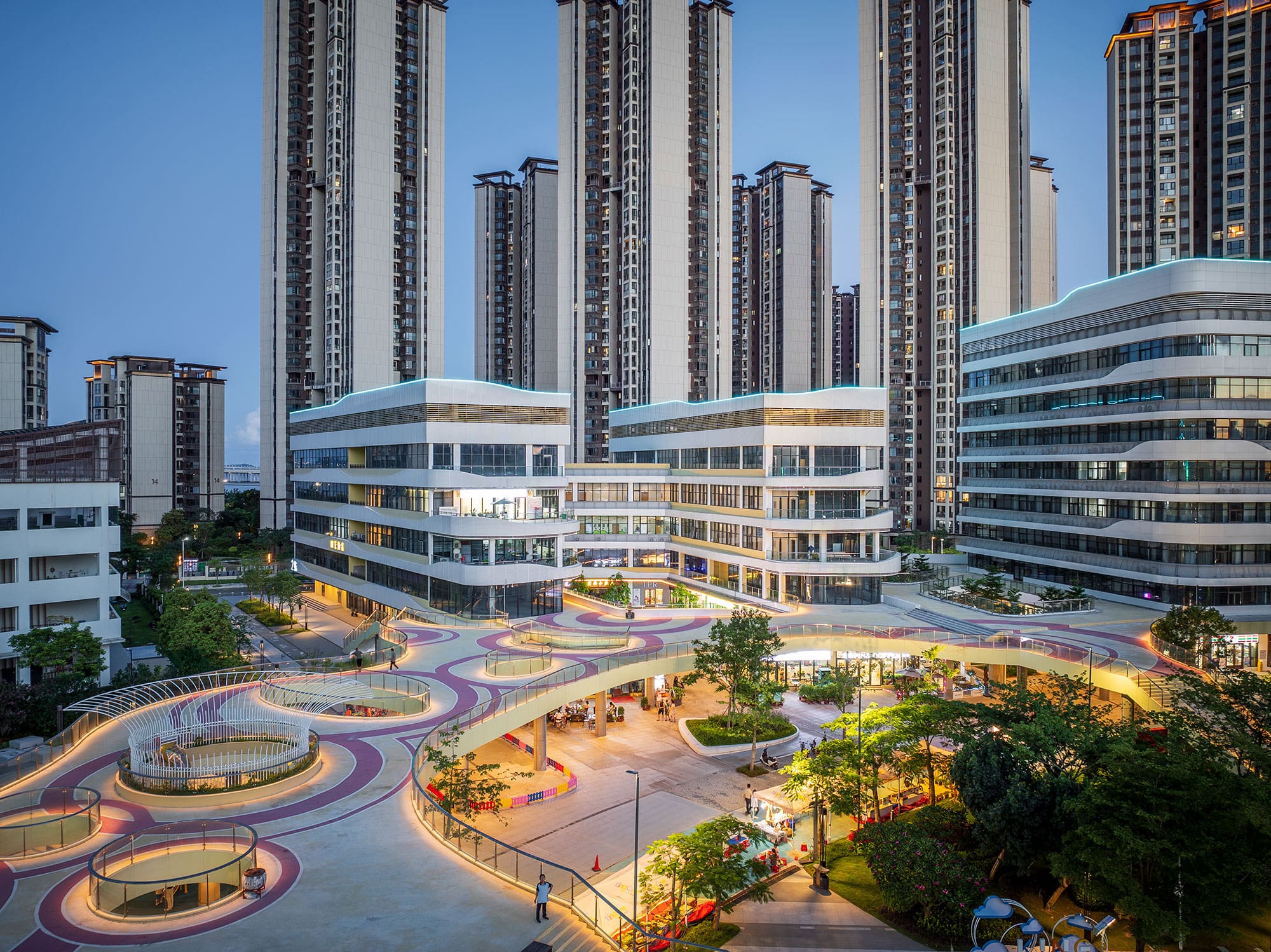
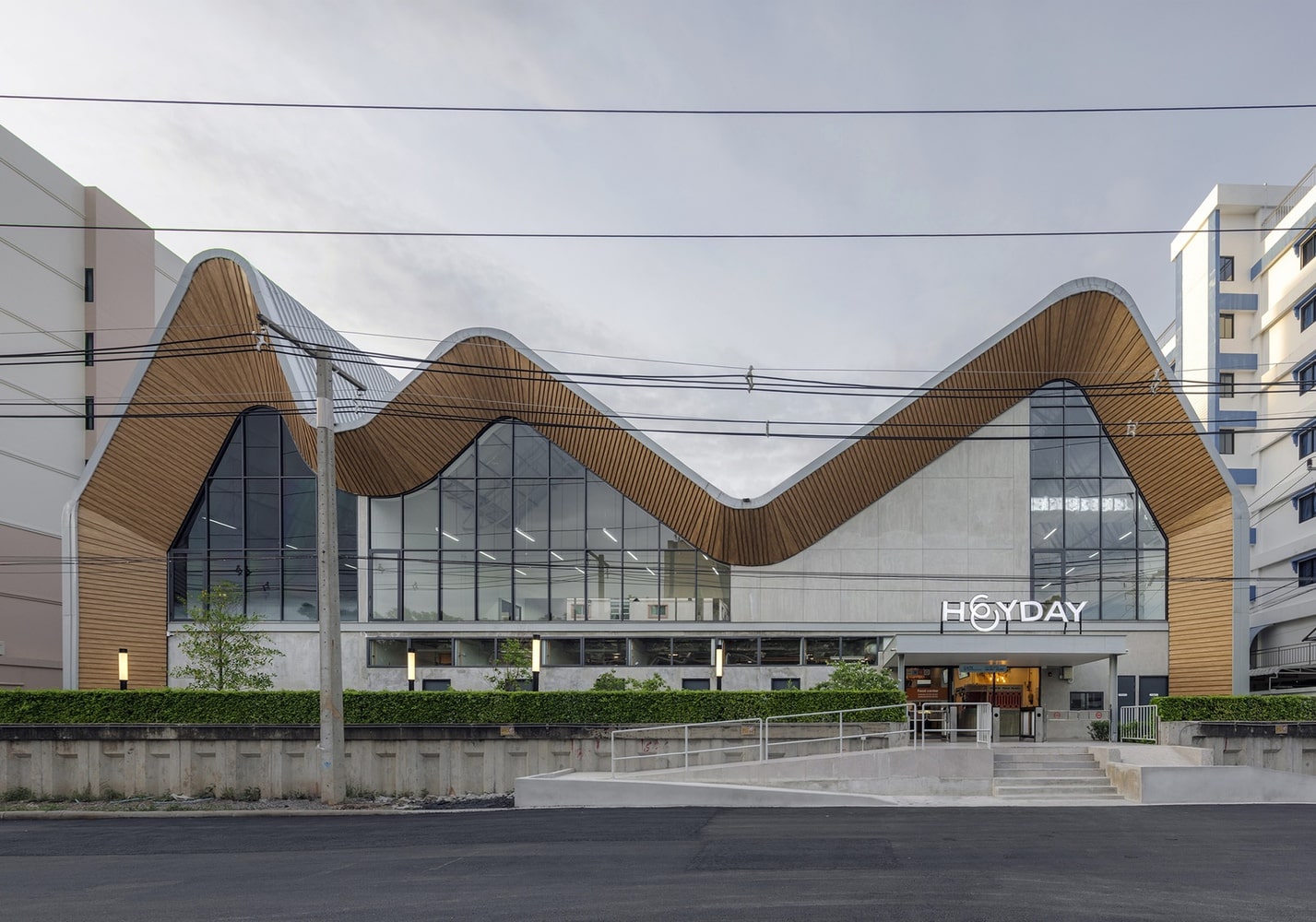

Leave a comment